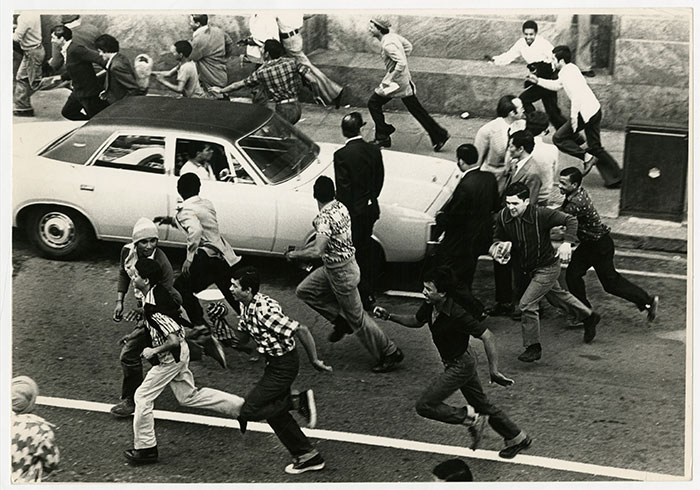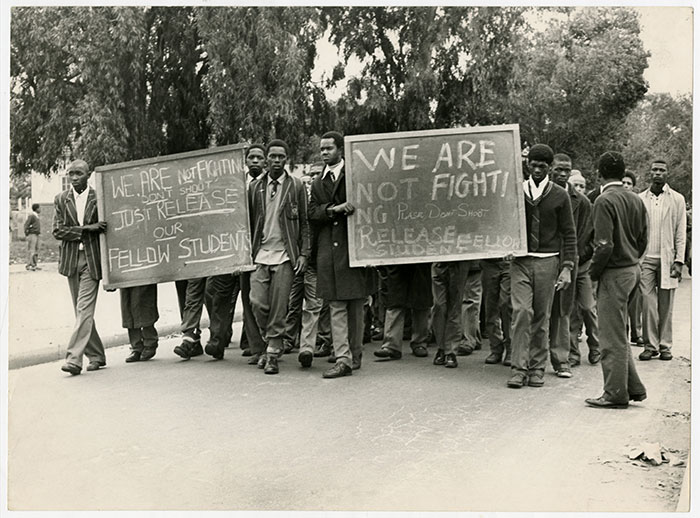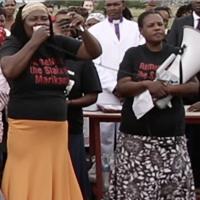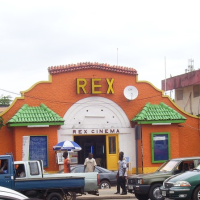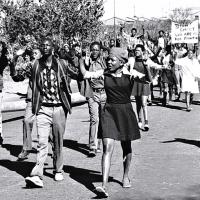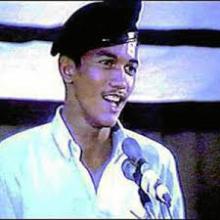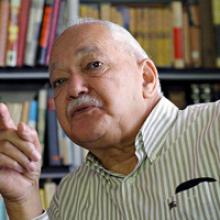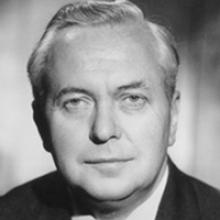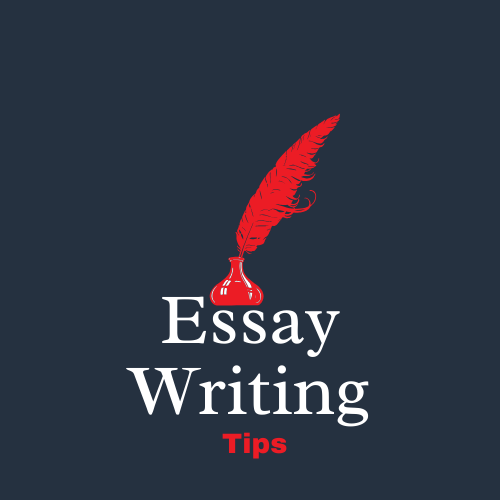Melmoth, known as the gateway to the Zulu Highlands, is a picturesque, little Town just 200 km North East of Durban and 90 km from the Coastal Town of Mtunzini. Referred to, in the SA edition of Trivial Pursuit, as having the cleanest air in the country, Melmoth was a ‘
gold rush’ town, founded in 1888 and named after Sir Melmoth Osborn, the resident commissioner of Zululand at the time. Melmoth is essentially regarded as a good base for travelers wanting to visit places of interest close to the Town, all with an hour’s drive. uMgungundlovu is the historic royal homestead of Dingaan and where Piet Retief and his party of Boer commandos were executed and Ulundi, the Capital of
Zululand, is the Site of the last battle of the Anglo Zulu War. The Matatane Crocodile Ranch, on the banks of the White
Umfolozi River, is a popular place for hikers and those wanting to experience crocodiles first hand, particularly as lion cubs have recently been introduced. Interestingly, Ntingwe Tea Plantations produce some of South Africa’s finest teas, solely for export, but the plantation is found in this remote corner of
KwaZulu Natal. Regarded as lighter than other African teas, such as those produced in Kenya, Ntingwe has gained an excellent reputation in the international market and is retailed as a breakfast or afternoon refreshment. It was established in 1987 and is the single biggest employer and source of financial stability in the Region. Nkandla Forest is about 68 km from Melmoth. Throughout Zulu History it has been regarded as a place of mystery and the supernatural and the Chube, iron-workers associated with the
Nkandla area, were never conquered by
Shaka. The forest is a rare example of high wet rain forest, one of very few surviving examples and remnants of a time when the climate was wetter and colder. It is also one of the best examples of surviving mist belt forest in South Africa. Steams that rise in the Forest form deep gorges leading into the
Nsuze River, running along the base of the ridge. To visit the Forest one needs permission from the Officer in Charge, as there are no visitor facilities available yet.
